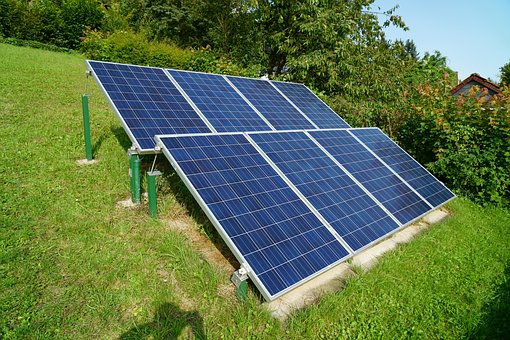New Jersey Proposes Rules for Solar Transition Incentive, Progresses Toward Successor Program

The New Jersey Board of Public Utilities on April 27 proposed to amend its solar energy rule and create a Transition Incentive Program to replace the Solar Renewable Energy Certificate, or SREC, initiative. The board ordered the closure of the SREC program effective April 30, declaring that the state has attained the milestone set by the 2018 Clean Energy Act to phase out the initiative. The law directed the closure of the program upon the state’s attainment of 5.1 percent of retail electricity sales from solar generation. The proposed amendment is designed to bridge the gap between the legacy and successor programs. Since its launch in 2014, the SREC program has provided over $3.3 billion in incentives, leveraging over $10 billion in private sector investment, which facilitated the installation of more than 3 gigawatts of solar in the state.
The proposed transition incentive is expected to spur an estimated $980 million in investment through the installation of about 430 megawatts of new solar generating capacity. The board anticipates 20 percent of this capacity to be installed on residential rooftops, 60 percent on non-residential rooftops or adjacent land, and the remainder on landfills or brownfields. The installations are expected to occur over the next year and a half, resulting in average annual direct expenditures of about $60 million for 15 years, following an initial ramp up period.
As the proposed rule would operate as a carve-out of the existing New Jersey Class I Renewable Portfolio Standard, it is expected help maintain jobs in the development, construction, and operation of solar facilities.
The board intends to provide a smooth transition from the SREC program and develop new incentives that will be less costly to ratepayers. The transition incentive, approved last December, consists of factorized, fixed-price, 15-year Transition Renewable Energy Certificates, or TRECs, available to projects that are in the SREC pipeline after Oct. 29, 2018, but have not yet reached commercial operation at the time the 5.1 percent milestone is reached.
New Jersey’s total solar capacity of 3,190 megawatts represents five percent of the state’s energy needs. A report released on March 20 shows that 447 megawatts of solar capacity came online in 2019, setting a new record for solar installation in a single year.
Proposed Rule Amendments
EnerKnol Pulses like this one are powered by the EnerKnol Platform—the first comprehensive database for real-time energy policy tracking. Sign up for a free trial below for access to key regulatory data and deep industry insights across the energy spectrum.
ACCESS FREE TRIAL